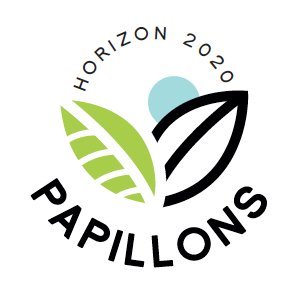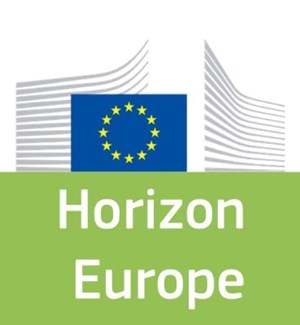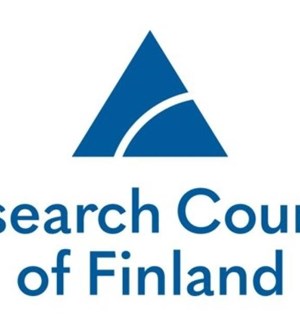- Agricultural University of Athens (Geoponiko Panepistimion Athinon) - Greece,
- The Finnish Environment Institute (SYKE) - Finland,
- Luonnonvarakeskus - Finland,
- Farm Europe AISBL - Belgium,
- Freie Universität Berlin - Germany,
- Masarykova Univerzita - Czechia,
- Fundación IMDEA Agua (Madrid Institute of Advanced Studies in Water) - Spain,
- University of Bayreuth - Germany,
- Stichting Vu - Netherlands,
- National Research Council (Consiglio Nazionale delle Ricerche, CNR) - Italy,
- Univerza V Ljubljani - Slovenia,
- Rheinische Friedrich-Wilhelms-Universität Bonn - Germany,
- Università degli Studi di Bari Aldo Moro - Italy,
- Instytut Hodowli i Aklimatyzacji Roślin, Państwowy Instytut Badawczy - Poland,
- Universiteit Leiden - Netherlands,
- Nanjing University - China,
- Forschungszentrum Jülich GmbH - Germany,
- Vysoká škola chemicko-technologická v Praze - Czechia,
- Rheinland-Pfälzische Technische Universität (RPTU) - Germany
PAPILLONS will elucidate ecological and socioeconomic sustainability of agricultural plastics (APs) in relation to releases and impacts of micro- and nanoplastics (MNPs) in European soils. We will advance knowledge on sources, behaviour and impacts through cross-disciplinary research, bringing together scientists from chemistry, materials engineering, agronomy, soil ecology, toxicology and social sciences. We will transform the scientific knowledge generated into guidance on specific solutions by applying a Multi-actor approach, involving actors in the agricultural and policy sector and world-leading industries. This will enable co-creation of knowledge and provide the scientific background to enable policy, agricultural and industrial innovation towards sustainable farm production systems. We will deliver the first digital European atlas of AP use, management and waste production to estimate sources of MNP to agricultural soils. We will run integrative studies at laboratory, mesocosm and field scales in different parts of Europe to address: occurrence of AP-derived MNPs; MNP behaviour and transport in soil; uptake by biota and crops; long-term impacts on soil properties, fertility and ecological services; effects on biological and functional diversity across multiple scales; effects on plant production and quality; and socioeconomic impacts of AP-based practices. We will focus on multigenerational effect studies for relevant traditional and biodegradable polymers, at realistic and future high-exposure scenarios. PAPILLONS partners pioneered soil MNP research, host the majority of European analytical capacity for assessing soil contamination and will provide validated, high-throughput analysis for MNPs in soil. Using innovative applications of state-of-the-art analytical chemistry, we will advance analysis down to the nanoscale range and develop novel radiolabelled nanoplastics for accurately tracking behaviour and transport in soil and uptake by biota and crops.
Want to analyze based on this project via our analysis tool? Analyze this project
Knowledge Gaps
Environmental fate and behavior of plastic
Degradation
Chronic or long-term effects, multiple forms and/or sources
Environmental effects and ecotoxicity
Environmental risk assessment (ERA)
Publications




